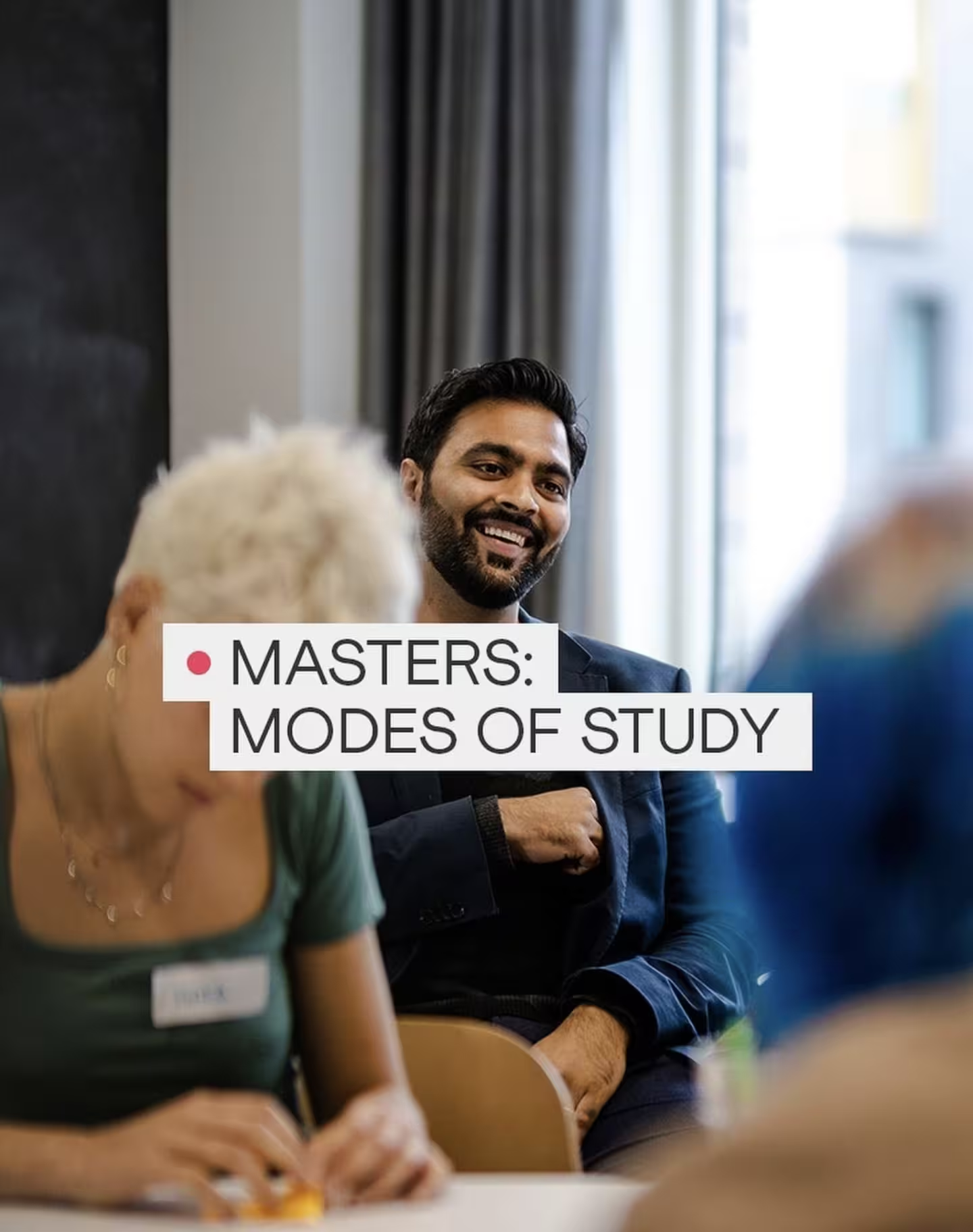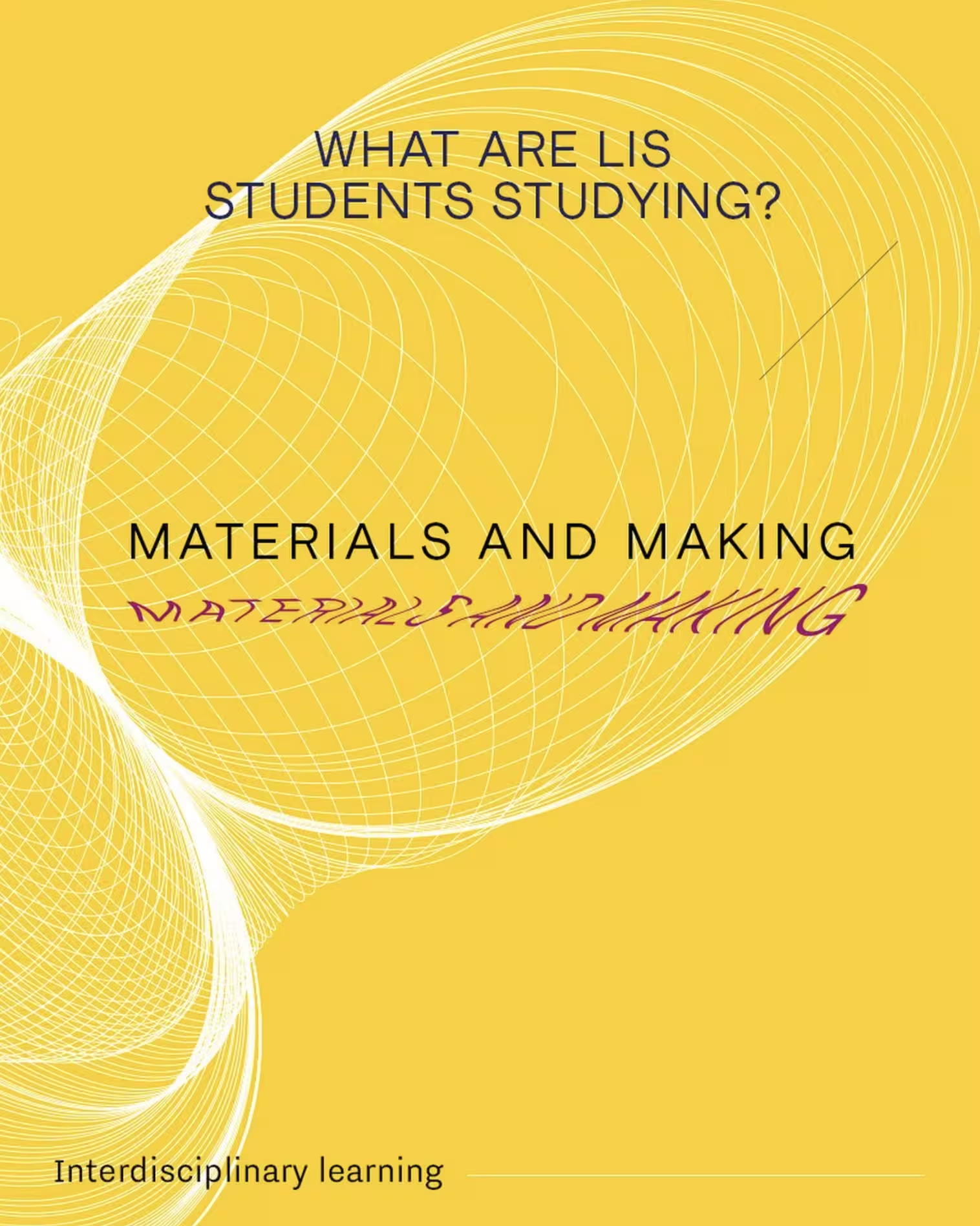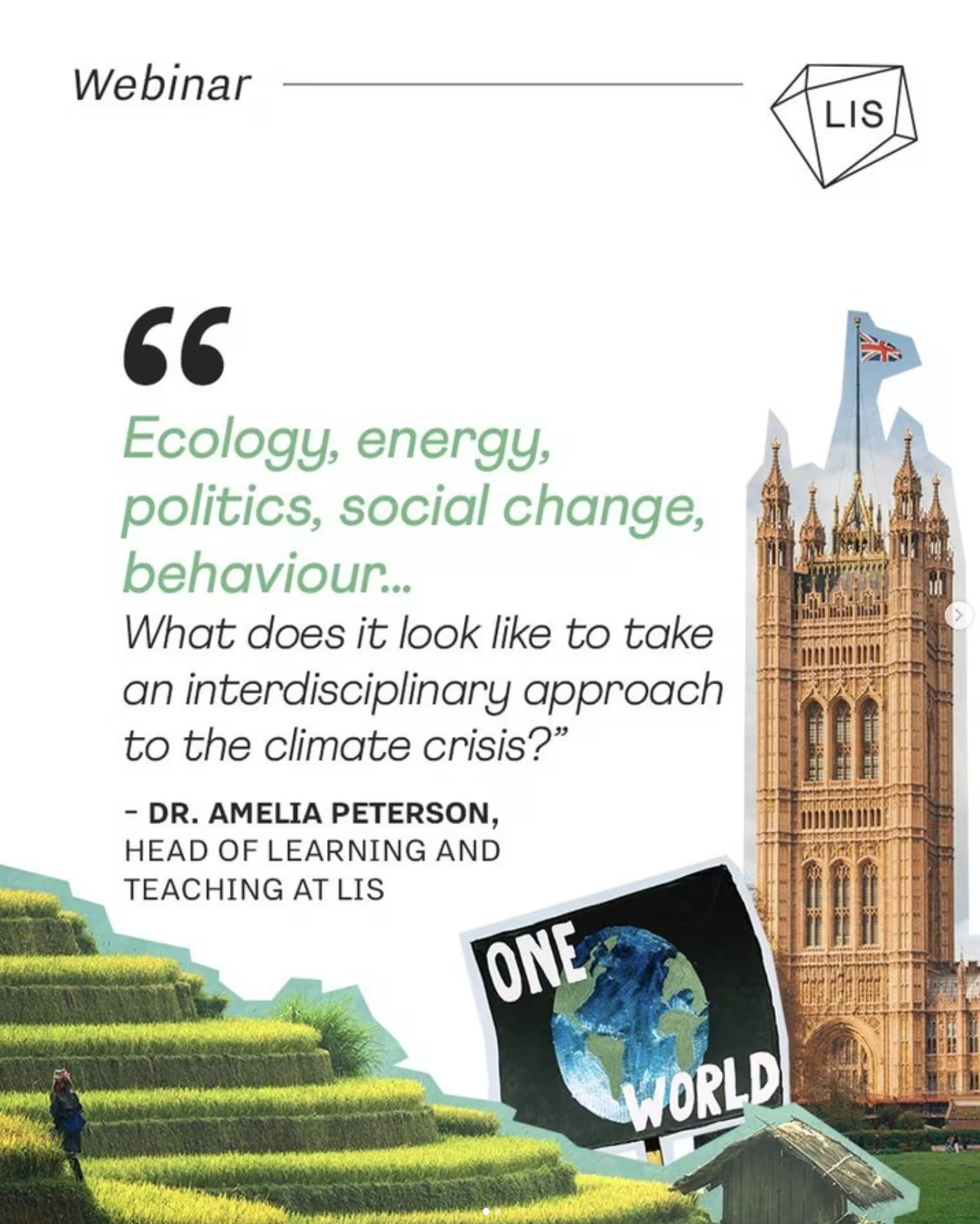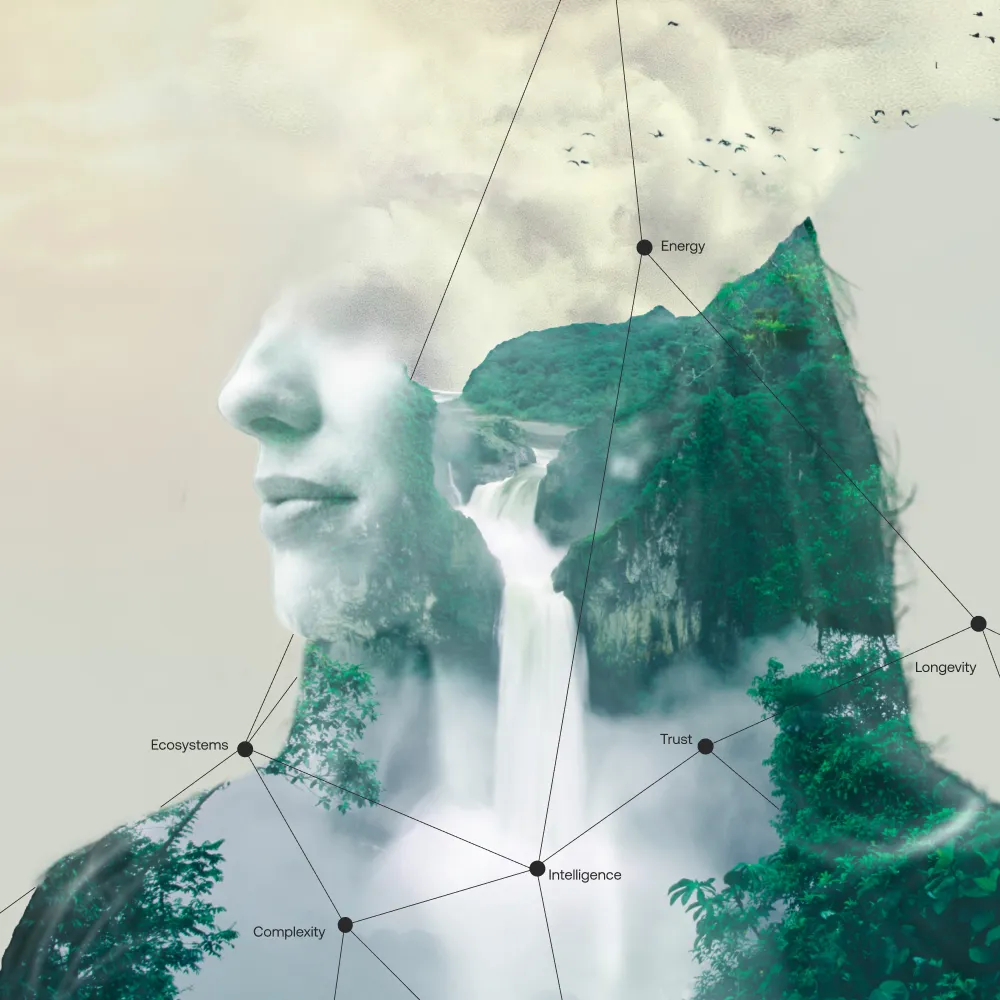University Evolution

Carl Gombrich
This article was written by Carl for the Institute of Student Employers (ISE) a non-profit member organisation which represents some of the leading student employers in the UK.
—
Institute of Student Employers research shows that 86% of employers do not care what a student studied at university. This is up from 77% in 2014, and 63% in the 2000s, according to a separate Open University study.
‘Broken’ has become a cliché, but this range of research shows that a necessary connection between undergraduate degrees, defined by the usual academic disciplines, and graduate work, as dictated by what employers are looking for, is truly broken.
If almost nine out of ten graduate employers in every sector from pharmaceuticals, to food, to cyber security to the civil service don’t care if you studied biochemistry, economics or French literature for your bachelors, why do universities insist, overwhelmingly, on offering ‘single’ or ‘joint honours’ degrees?
What is going on and can we do better?
We are living in a world where massive increases in connectivity through technology and globalisation have seen a crashing across boundaries and a connecting and melding of thoughts, communities, businesses, creative possibilities and academic disciplines in a way that would have been impossible even 20 years ago.
At LIS, we are building a new university based on interdisciplinary principles
Against this backdrop, it is not surprising that Burning Glass, who use big data on millions of job posts to analyse employment trends, note in their 2019 report, ‘Hybrid Jobs’, that ‘new skills are re-writing the DNA of the job market’.
Hybrid is a good word for this situation. Every professional job is, at least in some ways, touched by science and technology through our contact with the internet, machine learning, data science etc, and yet every job also requires many humanistic skills, including communication, an understanding of ethics and even an increasing understanding of the graphics and psychology of user experience and user interface. In such an environment, it is clear that hybridity in skills and knowledge will serve most graduates best.
How can we offer such an education to students? What does ‘hybridity’ look like in education?
Introducing interdisciplinarity
The concept of interdisciplinarity arose early in the 20th century in the social sciences as a response to a fear about over-specialisation and unhelpfully obscure academic expertise, and it has been a mainstay of conversations about higher education in the US ever since.
The discussion is far less advanced in the UK. Even C P Snow’s famous 1959 essay on The Two Cultures, despite being one of the few times the rigidity and siloed nature of British education has entered the public consciousness, did not refer explicitly to interdisciplinarity.
Interdisciplinary practice requires combining two (or more) disciplines to produce an outcome or product that would not have been possible using only one of the disciplines.
In educational terms, it has the added advantage that in studying two or more disciplines one learns different methods – which can be from both science and humanistic areas – and an appreciation of taking different perspectives as well as the ability to maintain a degree of intellectual and learning flexibility.
This is an excellent fit for hybrid jobs and provides the range of skills and knowledge that would be of more interest to graduate employers.
Why aren’t universities offering more such degrees?
The answer is a mix of institutional inertia, vested interests, conceptual challenges as to what constitutes ‘rigour’ in learning, better designs of interdisciplinary programmes, legacy regulatory requirements, and a lack of leadership.
Due to these challenges, there are still not many interdisciplinary degree programmes in the UK but demand is growing. Students are often more aware of the employment pressures and opportunities described above than their parents and teachers and are demanding more.
Unifrog, the university destinations platform, report that interest in Liberal Arts (which requires a strong degree of interdisciplinarity) has surged dramatically in the last three years, and new Liberal Arts and Sciences programmes at UK HEIs have increased from a handful in the 2000s to around 30 today.
The entry tariffs are typically high and graduate outputs are outstanding. I had the pleasure to witness this as the Director of UCL’s Arts and Sciences degree from 2010-2019. In line with ISE research, graduates of such programmes land outstanding jobs in all sectors as well as proceeding to elite masters and PhDs.
At the London Interdisciplinary School, we are meeting head on some of the challenges laid out above. We are establishing a high quality HEI founded entirely on interdisciplinary principles. We are confident such an environment will be the most exciting one in which students can meet their expectations of what a contemporary university should look and feel like, as well as being the best way to prepare for whatever comes after graduation.
Share this story
Sign up for our newsletter
Don't miss out on important updates including course information, new announcements, Open Day dates and the latest LIS news.














































.svg)

.svg)









.webp)
This is a comment related to the post above. It was submitted in a form, formatted by Make, and then approved by an admin. After getting approved, it was sent to Webflow and stored in a rich text field.